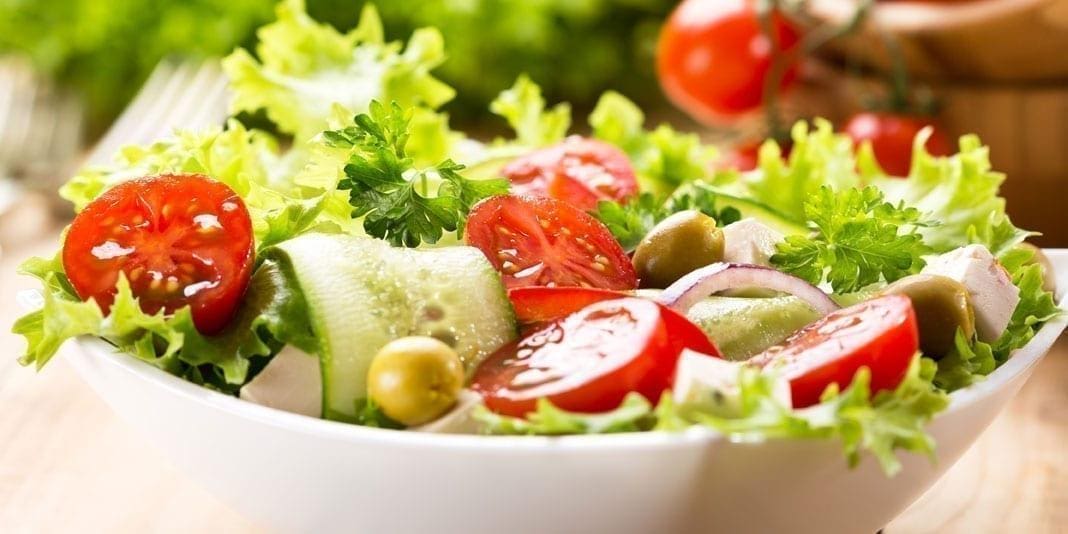When we think of healthy eating, we tend to think of salads. And if you believe eating salad is boring… you’re just not making it right. Salads can be filling, nutritious, and delicious, as long as you make it right. And that means a good base, tons of veggies, protein, healthy fats, and a good dressing.
But even if you master making a delicious salad and look forward to eating it every lunch, it’s just not going to be the same if it’s soggy. If you’re trying to eat healthily and bring a salad for lunch every day, you don’t want it to be all gross and soggy when you go to eat. Here is how you can still enjoy that delicious homemade salad, even when it’s been sitting all day:
Use tougher greens
When packing a salad ahead of time, you want to avoid “softer” greens, like baby spinach, romaine, or herbs. Instead, go for a tougher green that won’t get soggy once you put everything on top. Collard greens or kale are great options. Just make sure you cut them into smaller pieces first.
Start with the base
To avoid your salad getting soggy and inedible by lunchtime, you want to assemble the base first and then add on the toppings. The more delicate and light ingredients will get soggy the quickest, so add those last. Start by adding vegetables, cooked whole grains, fruits, croutons, meats, and hard cheeses. Right before you eat it, add lighter toppings, like soft cheeses and fried meat.
Use a good dressing
We know creamy dressings are the best, but they’re not ideal for make-ahead salads. Save the creamy and heavy dressings for salads your making on the spot, and for make-ahead salads, go for simple oil and vinegar. Lighter dressings won’t weigh down the greens and make it soggy. You can also always pack the dressing on the side to eliminate any risk of sogginess.
Assemble by layers
Above all else, you must assemble your salad with layers. Start with hearty greens and vegetables, then add your protein, follow with more delicate veggies like cucumber or tomato, and finish with final toppings, like dried fruit, croutons, nuts, etc. This will ensure your salad starts heavy and finishes lighter.




































